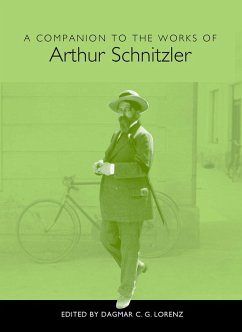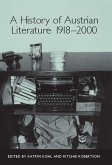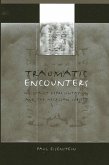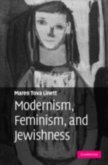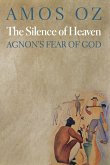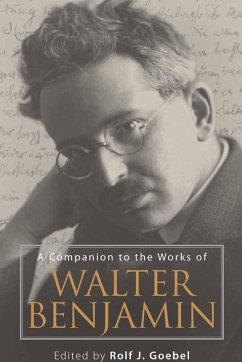A fresh collection of essays on the work of one of the leading figures of the Viennese fin de siècle.
This volume of specially commissioned essays takes a fresh look at the Viennese Jewish dramatist and prose writer Arthur Schnitzler. Fascinatingly, Schnitzler's productive years spanned the final phase of the Habsburg monarchy, World War I, the First Austrian Republic, and the rise of National Socialism, and he realized earlier than many of his contemporaries the threat that racist anti-Semitism posed to the then almost complete assimilation of Austrian Jews. His writings also reflect the irresolvable conflict between emerging feminism and the relentless "scientific" discourse of misogyny, and he chronicles the collapse of traditional social structures at the end of the Habsburg monarchy and the struggles of the newly founded republic. In the 1950s Schnitzler's powerful literary record assumed model character for Viennese Jewish intellectuals born after the Shoah, and his portrayal of gender relations and role expectations and casual sex are received with the same fascination today as they were by the audiences of his own time. Schnitzler remains a major figure in contemporary European culture, as his works are still widely read, performed, and adapted -- witness Stanley Kubrick's adaptation of Schnitzler's Traumnovelle as the 1999 film Eyes Wide Shut. In this volume a team of international scholars explores Schnitzler's dramas and prose worksfrom contemporary critical vantage points, but within the context of Austria's multicultural society at a time of unprecedented change.
Contributors: Gerd Schneider, Evelyn Deutsch-Schreiner, Elizabeth Loentz, Iris Bruce, Felix Tweraser, Elizabeth Ametsbichler, Hillary Hope Herzog, Katherine Arens, John Neubauer, Imke Meyer, Susan C. Anderson, Eva Kuttenberg, and Matthias Konzett.
Dagmar C. G. Lorenz is professor of German at the University of Illinois-Chicago.
This volume of specially commissioned essays takes a fresh look at the Viennese Jewish dramatist and prose writer Arthur Schnitzler. Fascinatingly, Schnitzler's productive years spanned the final phase of the Habsburg monarchy, World War I, the First Austrian Republic, and the rise of National Socialism, and he realized earlier than many of his contemporaries the threat that racist anti-Semitism posed to the then almost complete assimilation of Austrian Jews. His writings also reflect the irresolvable conflict between emerging feminism and the relentless "scientific" discourse of misogyny, and he chronicles the collapse of traditional social structures at the end of the Habsburg monarchy and the struggles of the newly founded republic. In the 1950s Schnitzler's powerful literary record assumed model character for Viennese Jewish intellectuals born after the Shoah, and his portrayal of gender relations and role expectations and casual sex are received with the same fascination today as they were by the audiences of his own time. Schnitzler remains a major figure in contemporary European culture, as his works are still widely read, performed, and adapted -- witness Stanley Kubrick's adaptation of Schnitzler's Traumnovelle as the 1999 film Eyes Wide Shut. In this volume a team of international scholars explores Schnitzler's dramas and prose worksfrom contemporary critical vantage points, but within the context of Austria's multicultural society at a time of unprecedented change.
Contributors: Gerd Schneider, Evelyn Deutsch-Schreiner, Elizabeth Loentz, Iris Bruce, Felix Tweraser, Elizabeth Ametsbichler, Hillary Hope Herzog, Katherine Arens, John Neubauer, Imke Meyer, Susan C. Anderson, Eva Kuttenberg, and Matthias Konzett.
Dagmar C. G. Lorenz is professor of German at the University of Illinois-Chicago.
Dieser Download kann aus rechtlichen Gründen nur mit Rechnungsadresse in A, D ausgeliefert werden.

